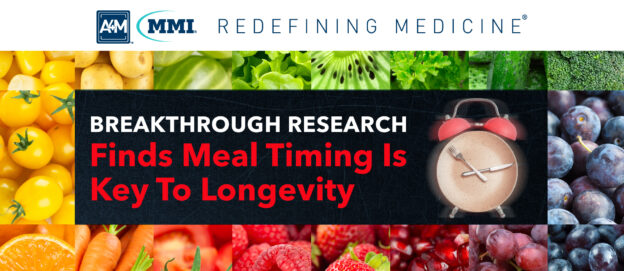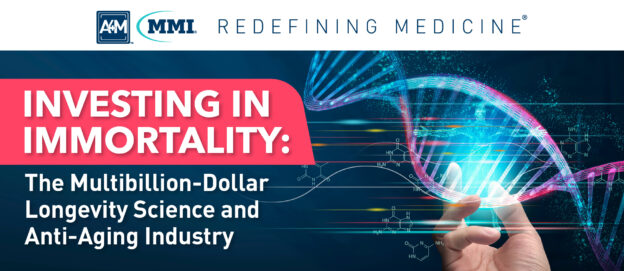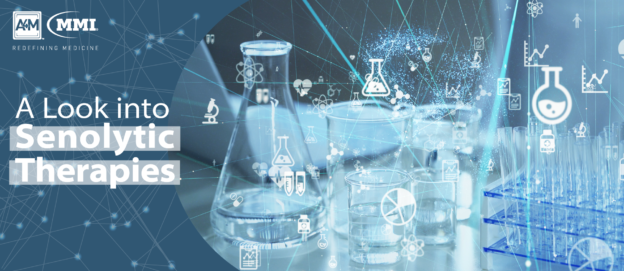Plant-based diets have long been the focal point of longevity research as they have proven to stave off chronic disease, improve biological markers of aging, and aid in weight management, among many other benefits. Current dietary interventions primarily encourage the consumption of plant-based foods and the elimination of processed ingredients. However, emerging research suggests that it is not only the type of food consumed but also the timing of meals that can profoundly affect life- and healthspan. A new study published in the journal Science reveals the promising potential of strategic meal timing to promote anti-aging effects.



